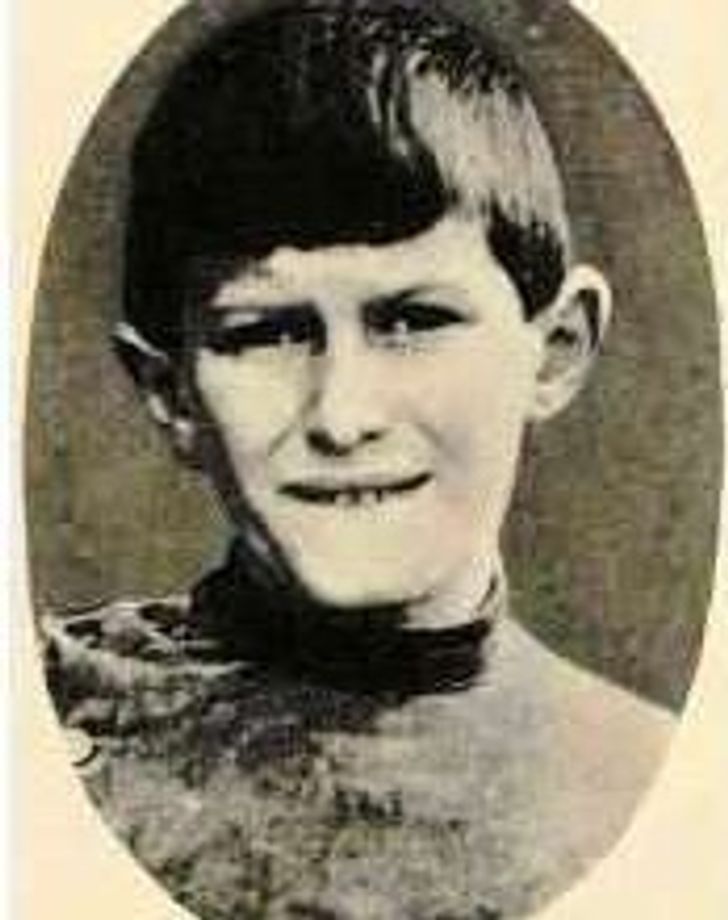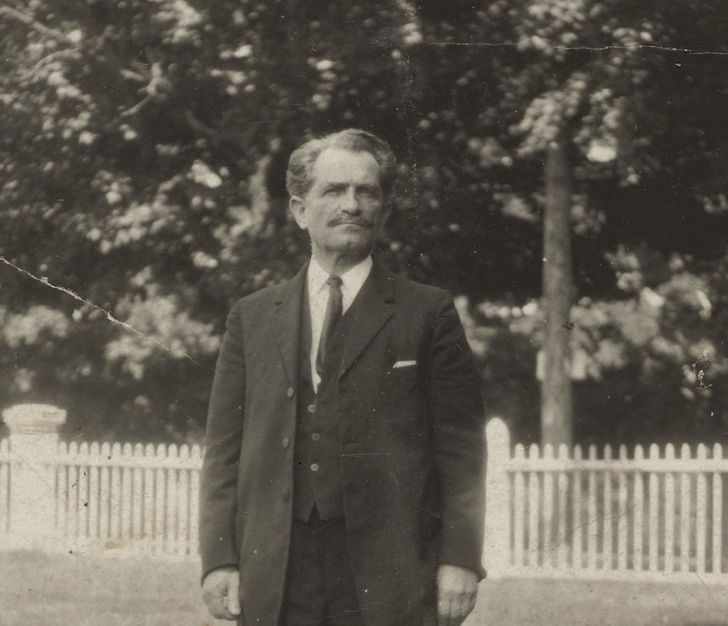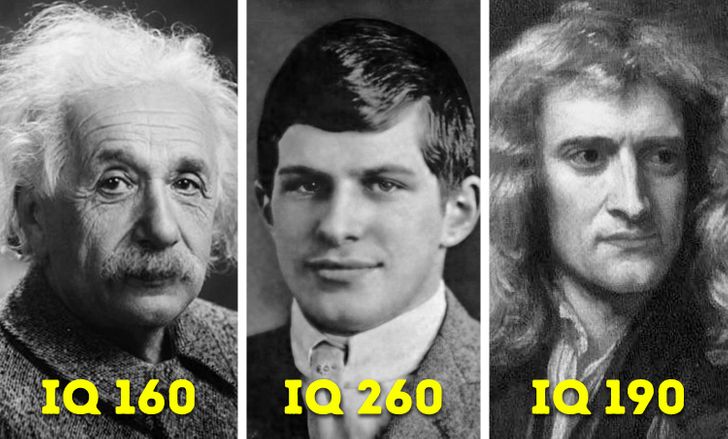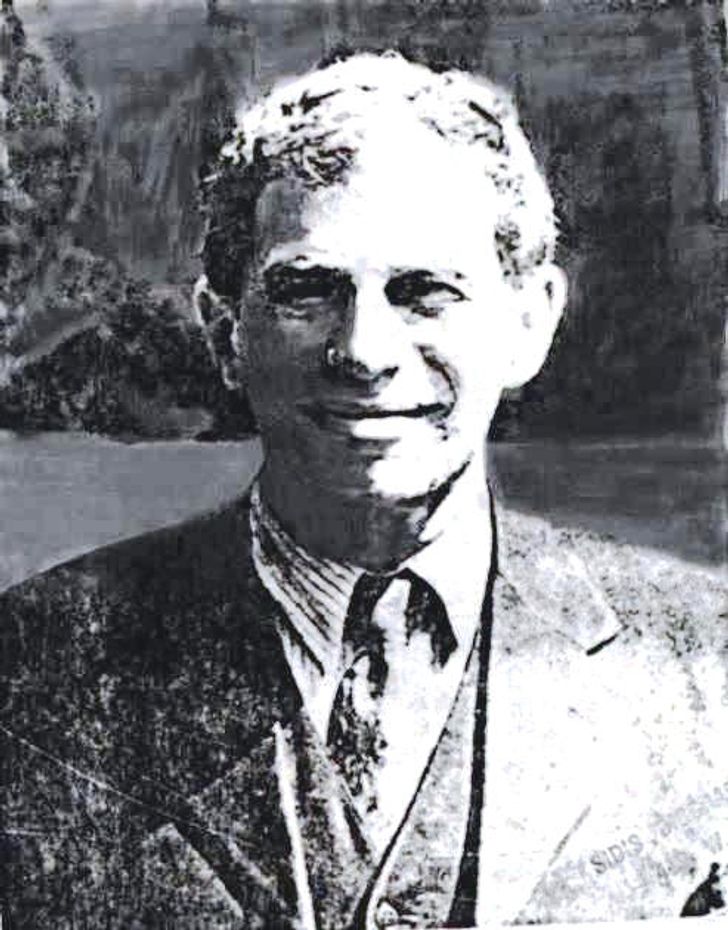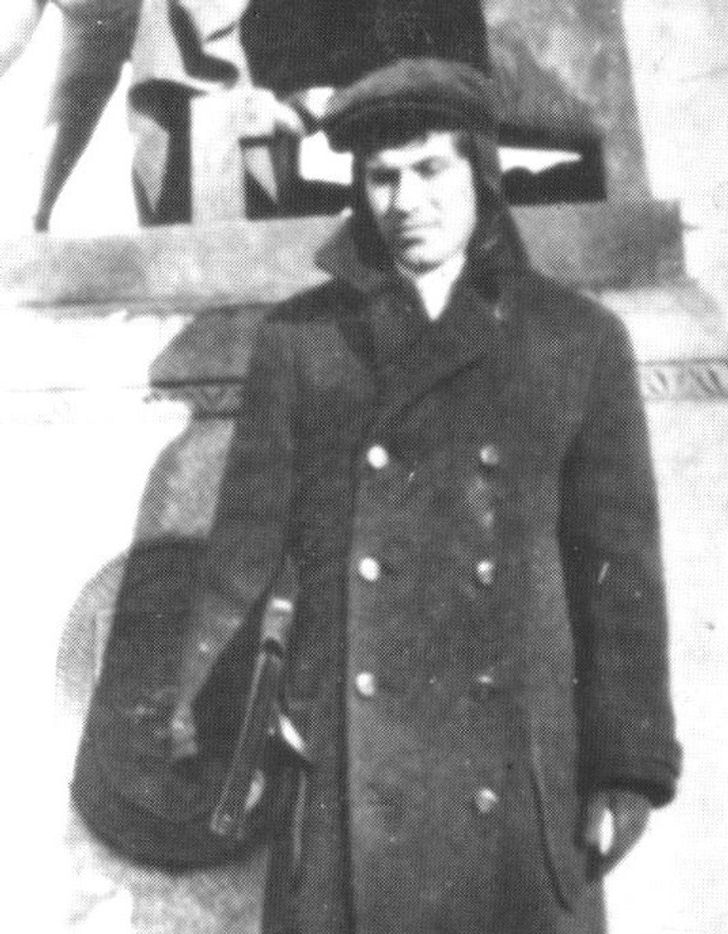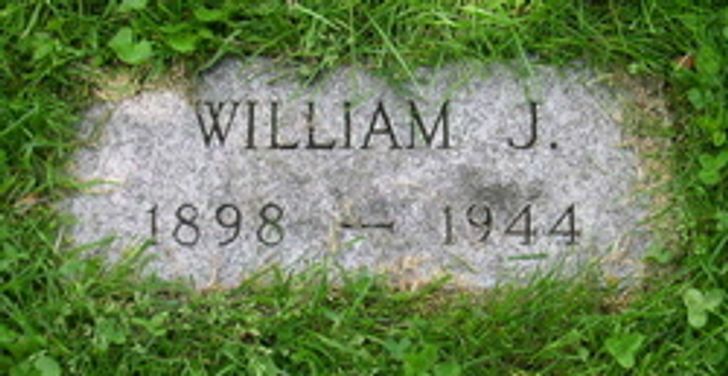It's likely that many anolomlies in human genetics have occurred in obscurity. For an exceptional intellect to go unnoticed by society is not surprising. Perhaps some of humanity's greatest minds were destroyed by war, plagues, civil unrest or servitude to a particular social class's order.
The man who gave the world alternating electric current and lite up the planet with light in a large scale with hydro-electric generation from the Niagara Falls region, for the World's Fair in Buffalo, N.Y., Nicola Tesla had soon afterwards been forced into living in obscurity after short-lived world fame.
Because Tesla could effectively harness electricity usefully, he'd had hundred of his parents stolen, research funds withdrawn: because his wireless transmission of energy was feared by capitalists who believed that they'd no longer be able to: sell power fule to the public; he'd been intentionally ignored.
Many other ingenious people's ideas may have seemed to threaten the political structure of the times; and the revelations of such human intelligence could have easily been passed over.
The Story of the Smartest Man Who Ever Lived and Why You Haven’t Heard of Him
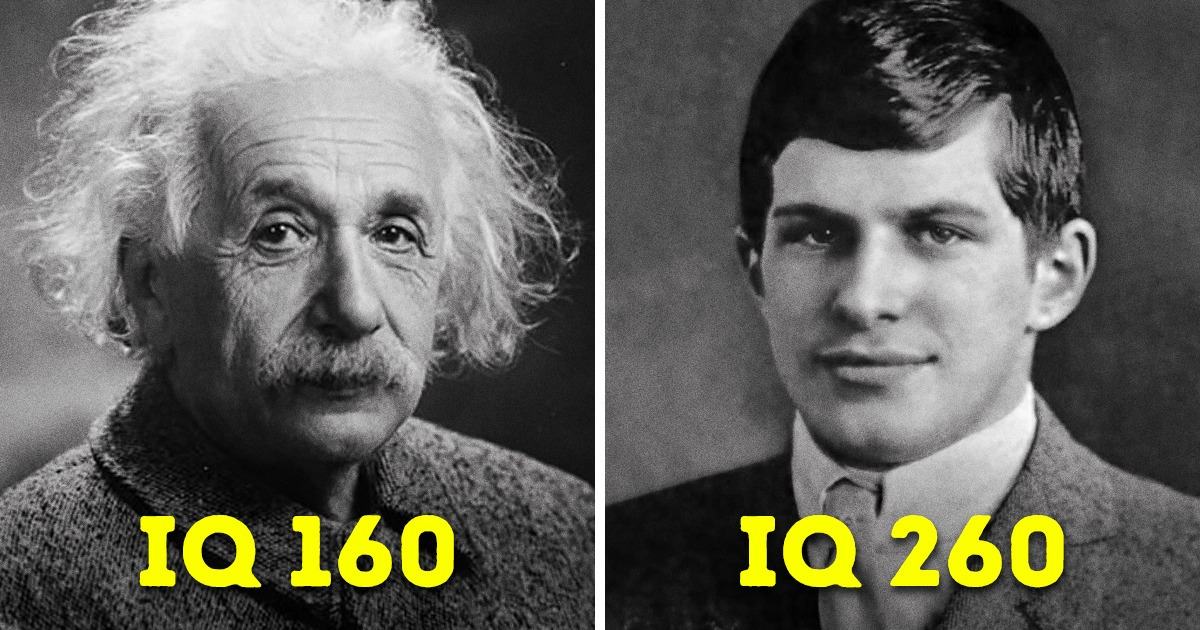
Albert Einstein had an estimated IQ of 160, Issac Newton’s estimated IQ is 190, and Mark Zuckerberg’s IQ is 152. These famous men are known as absolute geniuses around the world. But there once lived a person whose IQ was said to be between 250 and 300! William James Sidis, the most intelligent man to ever walk the Earth, was a child prodigy and an exceptional mathematician. He was a master at multiple dialects and a gifted author as well. But sadly, not many people have ever heard of him.
Bright Side would like to shine a light on William James Sidis’ life story and the reason why he’s not as well-known as he probably should be.
At the age of 8, he could speak 8 languages.
William was born in New York City in 1898. His father Boris was an exemplary psychologist who earned 4 degrees from Harvard. His mother was also an MD. Since his parents were geniuses themselves, William James Sidis was expected to be brilliant as well but his intelligence proved to be far more than ordinary.
William's father, Boris Sidis
At the age of just 18 months, he was able to read The New York Times. By age 8, he taught himself Latin, Greek, French, Russian, German, Hebrew, Turkish, and Armenian. In addition to those 8 languages, he also invented his own and called it “Vendergood.”
He became the youngest person to enroll in Harvard.
Very much aware of his intelligence, his father tried to enroll him in Harvard but was refused as William was only 9 years old at that time. 2 years later, the institute accepted him and William became the youngest person to be admitted to Harvard in 1909. By 1910, his knowledge of mathematics peaked so much that he started lecturing his professors instead, earning him the title of “child prodigy.” He completed his bachelor of arts degree at the age of 16.
He decided to live a secluded life.
Fame can be tiring, especially if you’re exposed to it at a young age. Shortly after graduation, William told reporters that he wished to live the “perfect” life, which according to him, was one of seclusion. He also added that he intended to never get married since women did not appeal to him.
In addition to undesired fame, his decision also reflected the pressure that he faced since birth. During that time, America believed in turning kids into prodigies with the right education. Being a gifted psychologist, William’s father was keen on making his son shine as bright as a star. To achieve that, he applied his own psychological approaches to raise his son and pushed him. Even though William enjoyed learning as a child, his opinion changed as an adult and he blamed his father for it. When Boris passed away in 1923, William refused to attend his funeral.
He was sentenced to 18 months in prison.
Like geniuses usually do in order to maintain a low profile, William worked low paying clerical jobs. Even so, he’d still get recognized by people, leaving him no choice but to switch his job again. In 1924, reporters discovered him working a $23-a-week job which made headlines again, only this time they mocked his intelligence and said he was no longer capable of doing what he did as a child. This, however, was not true as throughout his life, William wrote multiple valuable books using different pseudonyms.
He was a socialist and an objector of World War I. He was, in fact, arrested in 1919 for a protest which turned violent in Boston where he was sentenced to prison for 18 months. However, his parents found a way to keep him out of jail and locked him up in their sanatorium for 2 years instead.
An unfortunate death at 46
William spent his life being broken and completely lonely. Estranged from his family, he worked as a machine runner and did petty jobs to make ends meet. The person who could’ve changed the world died an unfortunate death at 46 as a nobody, suffering from a cerebral hemorrhage in 1944. Interestingly, his father died of the same condition.
What do you think of William’s story? Were you aware that a person with an IQ ranging from 250-300 once existed?
Comments
Sad, and so very true.
Sometimes when u know so much, u lose interest in your livlihood, in people, in sex or in fame. Particularly everythin. A sage/ hermit like situation...
Because you realize the flaws in systems and other things, it's kinda sad actually
Yes, it is...
Being so smart is a toxic gift, because when you know a lot you also know how meaningless everything is and that there is no real goal or solution in life to some greater ending/ reward... it sounds sad but it's just reality.
an 8 year old casually writing his own language, and not only that but also just decides that the way of counting in that language should be in base 12, I think most people don't even know that there are other systems like base 10 (decimal)
I actually had no idea it existed, why do we even need any other systems?
Well for example a computer needs binary which is a base 2 system with only 0 and 1 as numbers. Because a computer only knows 2 states, on and off.. image having a plate of lights and depending on how many you turn on and how many you turn off you get a different number so all lights off would be 0, 1 light on and 1 off could be 1 and both lights on could be number 2
This story made me extremely sad.
this story is truly a tradgedy if he could have fixed his medical issue, i understand it was sudden. maybe he could have written about that as well. it's very sad too. he lived thru so much, Your eyes, wat they say, eyes wide open now. I've had that happen on a different level. not mathematical, but woke up 1 day w wat Yu will call an epiphany, everything feels different even the air. i felt as if i no why I'm here now, Yu probably think I'm crazy, but i swear that happened to me. the pettiness of materialistic things, i was just like, no I'm straight, i don't need that.. crazy new me, i swear. but the pain William endured, i wudnt want that for anyone...
True true true
Cool
Albert is such a cool scientist and studies TIME and Energy E=mc^2
A sad story of parental manipulation and public opinion.
wow
this is interesting
he inspired me to do lot's of maths
was ''William j '' William James Sids ?
Hi
I'm not sure whether he had 250-300 IQ
I like your videos of space
Wonder if being so intelligent in many different areas, knowing so much that you eventually get pegged out, focusing on too many things, even though you can, you become distracted from knowing other types of knowledge, like what you want from life, becoming directionless, which brings on all kinds of unhealthy things.
You have to know what you want, if you don't, your life will not go well.
Habría que saber si los parámetros para calificar el iq fueron los mismos. Por otro lado se dice que puedes ser muy inteligente en ciertas cosas pero no en todo y a veces son las cosas más i.portantes de.ntro de la convivencia social
Related Reads
Pierce Brosnan’s Wife Shares a Touching Tribute to Him, Stuns Fans With Her Transformation

19 Comics That Can Make Any Woman Laugh but Never Admit to Certain Behavior

23 Oddly Satisfying Pics That Will Pamper the Little Perfectionist Inside You

12 Comics That Will Ring a Bell With Anyone Who’s Ever Fallen in Love

I Refused to Go to Work After a Family Emergency—HR Got Involved

I Refuse to Let My Boss Take Credit for My Work Again, So I Decided to Outsmart Him

I Got Fired the Day Before My Vacation—And HR’s Policy Was Their Biggest Mistake

I Tried to Be the Husband My Wife Needed — She Figured Out What I Was Actually Doing

10 Stories That Prove Kindness Costs Nothing Yet Heals Everything

10 Stories of Kindness That Show Angels Walk Among Us Every Second of Every Day

12 People Who Mastered the Art of Keeping Their True Motives Hidden

I Absolutely Refuse to Delay My Retirement to Save My Spoiled Daughter and Her Son

